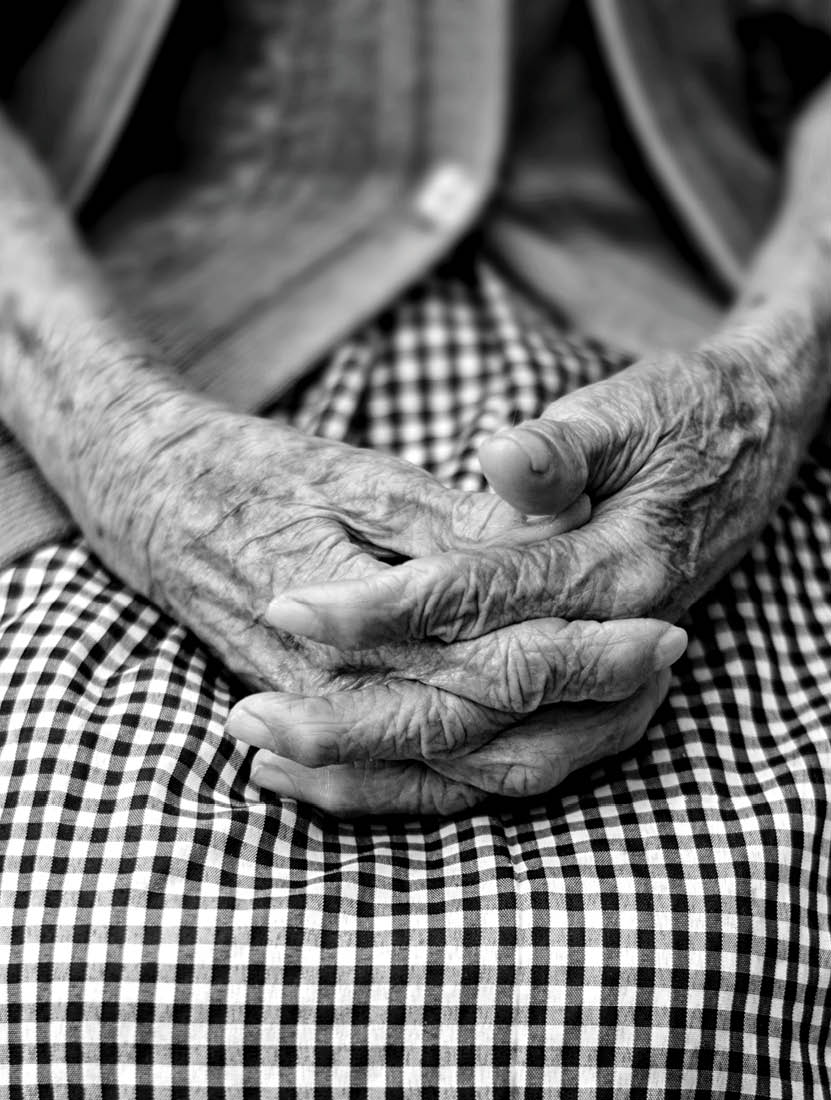
By Mimi Greenwood Knight
Jayne is spread so thin these days you can practically see through her. A small business owner, she’s the face her clients expect to see. That face represents the vision and energy that have grown and sustained her hair salon for two decades, as she’s raised three kids, paid for three college educations, and pulled off three weddings. Now comes her reward in the form of grandchildren. Every second she’s not front and center at the salon, she’d like to be doing a proper spoiling job on those precious babies.
Then there are her parents. The two most unselfish people she knows, they spent years giving to her and her sisters, their cousins, their friends, their school, and their church. But now these two vibrant caretakers need care themselves. They need rides to doctor’s appointments and someone to act as their advocate when they get there. They need help with handyman chores around the house.
Jayne finds herself cutting a client’s hair, absentmindedly worrying whether her mom remembered to turn off the stove or if one of them left the water running. Is her dad trying to cut the grass himself? Are they remembering to take their medication? Will an email scammer trick them out of their savings?
Jayne’s not alone. An estimated 38 million Americans provide unpaid care to an aging relative, including 23 million with jobs and 12 million still caring for their own children. They are referred to as the “Sandwich Generation,” sandwiched between caring for their own kids and “parenting” their parents.
The Problem
Nearly half of US adults in their 40s and 50s have a parent age 65 or older and are either raising a young child or financially supporting a child age 18 or older. One in seven middle-aged adults is providing financial support to both an aging parent and a child. Then there’s the pull on already busy schedules, the worry, and the emotional toll, as you try to be all things to all people.

Manage Your Expectations
This is a time to make some short-term compromises necessary for your sanity. You might love going all out for Thanksgiving. But this year ask everyone to pitch in and take some of the burden off yourself. Buy your child’s birthday cake instead of baking it. Hire an occasional maid or a lawn care service. These are small concessions that could make a big difference in your stress level.
Ask for and Accept Help
When friends and family offer to run an errand or pitch in to help, accept their offer. Your health may depend on it. Contact your local Area Agency on Aging or a local assisted-living community and ask about respite services. Or call your church to see if there’s a volunteer-based friendly visitor program.
Take Care of Yourself
Many sandwich caregivers put their own health last, which can put them at risk. It’s essential to tend to your own physical and mental health. If you don’t take care of yourself, who’ll care for everyone who’s depending on you?
If you find yourself primary or sole caregiver to an aging loved one, heed these survival tips.
- Mind your own health. Eat regular, nourishing meals. Exercise whenever possible. Try to get adequate sleep.
- Take a break and enjoy a brisk walk or an hour away while someone else cares for your loved one. Even a cup of tea and a magazine can refresh you.
- Join an Internet support group where you can talk to other caregivers who understand what you’re going through.
- Understand that feelings of resentment are normal and nothing to be ashamed of.
- Know the signs of depression and ask for help from your doctor if you start to experience unexplained loss of sleep, loss of appetite, lack of interest in your usual activities, unexplained physical problems, or irritability.
- Have a plan B ready if the time comes when your loved one needs care that’s beyond your ability.
Remember, this is a period that can be rewarding, as you connect with your parents during their final years and help your children find their footing in the world. Don’t forget to enjoy the times you can enjoy caring for the ones you love.










